History of the Borgo
The ‘Borgo di Trappeto’ Training Centre, consisting of a complex set of spaces and structures, was conceived in 1968 by Danilo Dolci and his collaborators. It was realised by architect Giorgio Stockel, with the advice of Bruno Zevi, when both were teaching at La Sapienza University in Rome. The building complex was used for over three decades by a wide variety of Italian and international institutions, social and cultural organisations.
The Borgo was conceived as a centre for training courses, seminars, workshops, round tables, concerts and performances. For the future, it is suggested to give continuity to its history by starting from the themes that have characterised its history: social and educational work, migration and cultural integration, non-violent communication, peace education, sociology, cooperative and non-violent leadership training, territorial development, urban studies, philosophy, literature, music, theatre, painting.
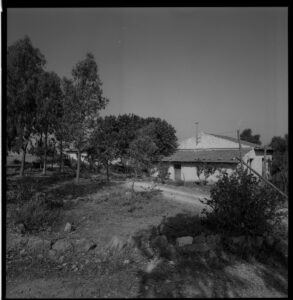
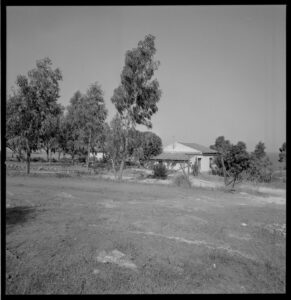
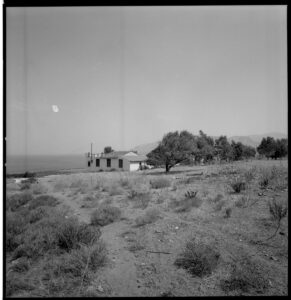
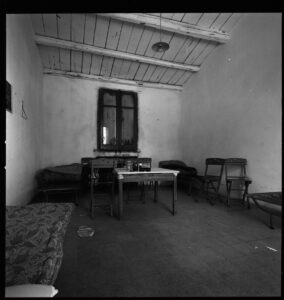
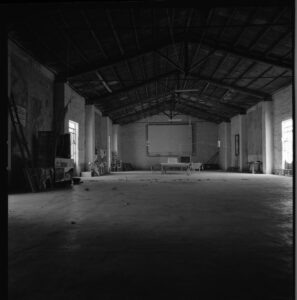
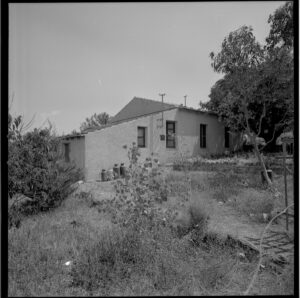
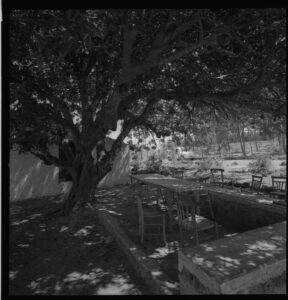
The fulcrum of Danilo Dolci’s work is maieutics, the art of “helping people to express themselves”, to solicit individual and group change through “creative reciprocal adaptation”: an area of research and experimentation that is more topical and necessary today than ever, especially if we pay attention to the issues connected to international relations between states and people and the epochal problems posed by migration dynamics. From this point of view, the experience conducted by Dolci and his collaborators for the development and emancipation of the extremely poor populations of western Sicily can represent an immensely precious and topical heritage of ideas and methodologies.
After being involved for several decades in the social and cultural field, both in Italy and Switzerland, we have observed an increasing request from schools and academic institutions to use this Centre for their activities and in particular for the realisation of courses and seminars. Danilo Dolci’s work, his writings, theories and methods are getting more and more acknowledged as extraordinary tools for research and experimentation. The further deepening and adaptation of the RMA method, in the light of the questions posed by the troubled present times, is of central importance for communication between people and the development of peaceful and mutually respectful international relations.
Non-violent communication methods are not only important in the social sciences, but can also be tried out and practised in the arts. Theatre and music courses, especially the group ones, have always been an integral part of the Borgo’s programme. It is certainly necessary not only for children and young people, but also for adults—since state-run facilities for learning and practising the arts are not very common in countries of Southern Europe.
Currently, courses and other events are organised by the Centro per lo Sviluppo Creativo – Danilo Dolci’ association in Palermo with the EU funding. As there is no centre for meetings and courses, the association rents various rooms for its many activities. However, a stable meeting place is indispensable for the further development and consolidation of its work and the Borgo would be the perfect space in every aspect.
Construction and spaces
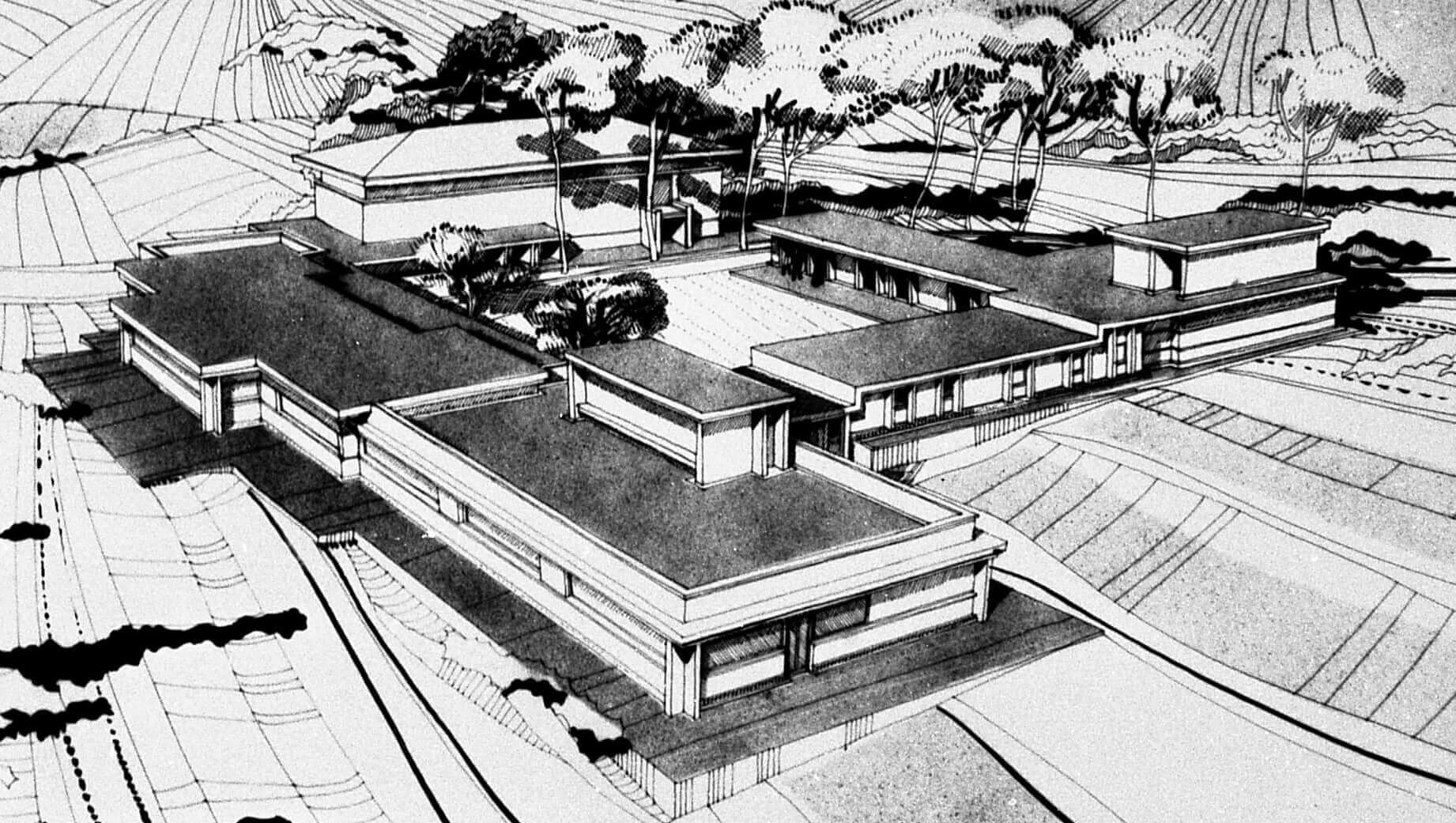
LIBRARY
MEETING ROOM
ATELIER
CANTEEN AND KITCHEN
GUEST ROOMS
GUEST ROOMS
SHARED BATHROOMS
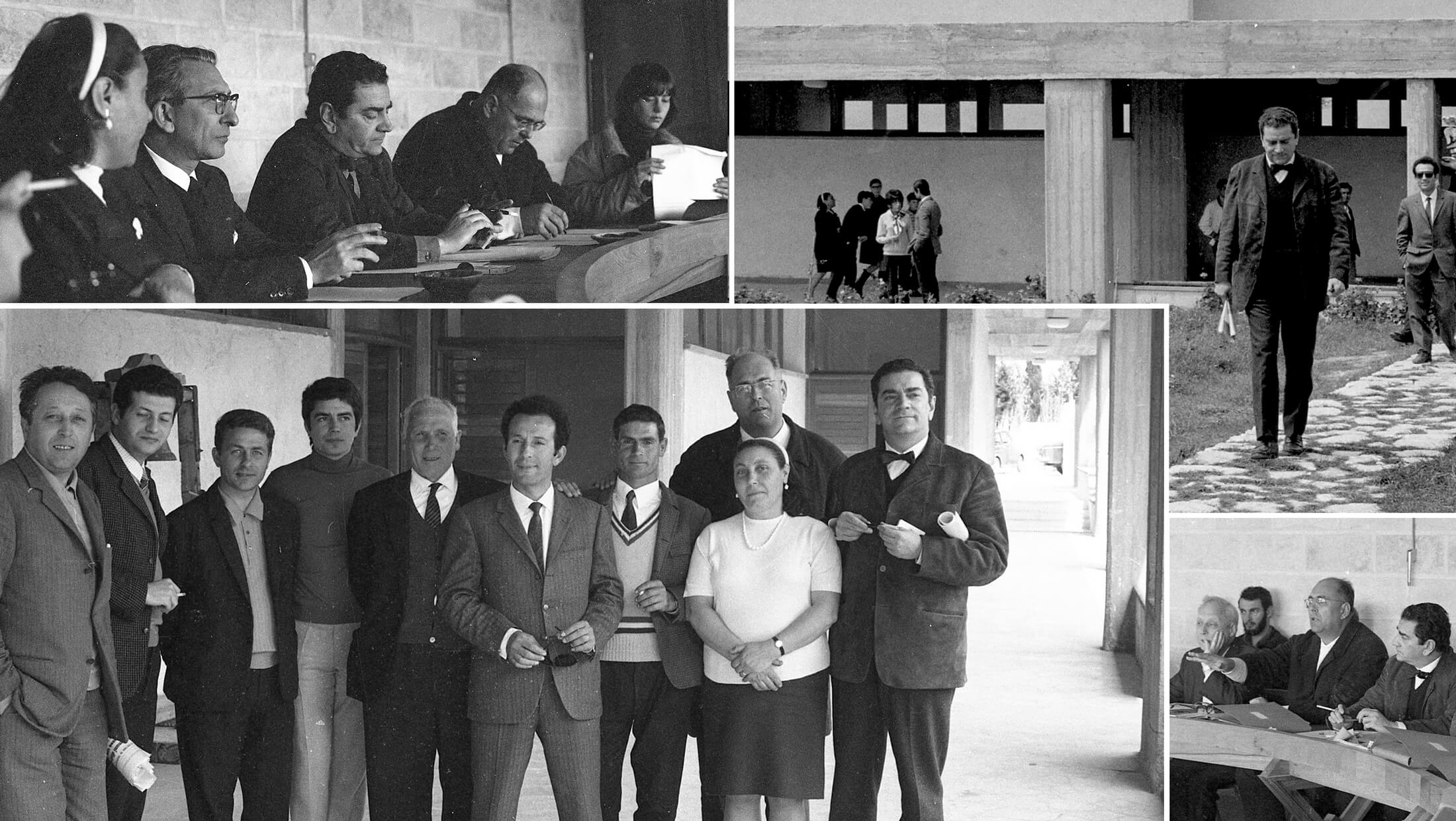
News
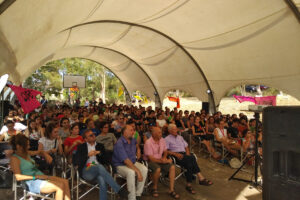
REACT – REciprocal maieutic Approach pathways enhancing Critical Thinking
REACT – REciprocal maieutic Approach pathways enhancing Critical Thinking Programme: Erasmus + – KA3: Support to Policy development and cooperation DESCRIPTION OF THE PROJECT REACT
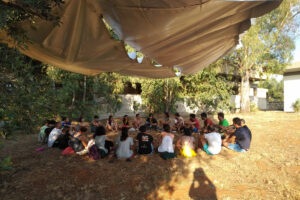
OUR DIGITAL VILLAGE
OUR DIGITAL VILLAGE – Co-designed digital education in rural Areas Programme: Erasmus + – KA2: Forward-looking projects DESCRIPTION OF THE PROJECT The rapid digital transformation
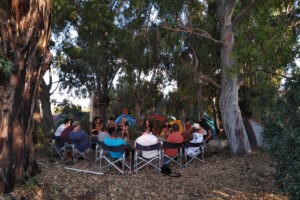
Centro per lo sviluppo creativo “Danilo Dolci”
Centro per lo sviluppo creativo “Danilo Dolci” is a non-profit organisation located in Palermo, born from the experience and work of Danilo Dolci, a social
References
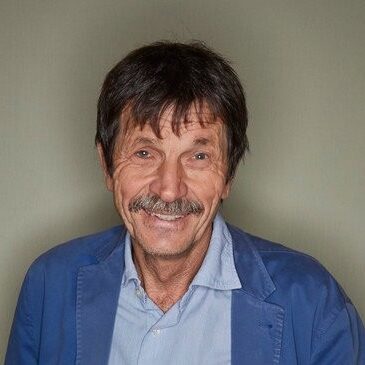
Ueli Mäder
Professor Emeritus of Sociology at the University of Basel
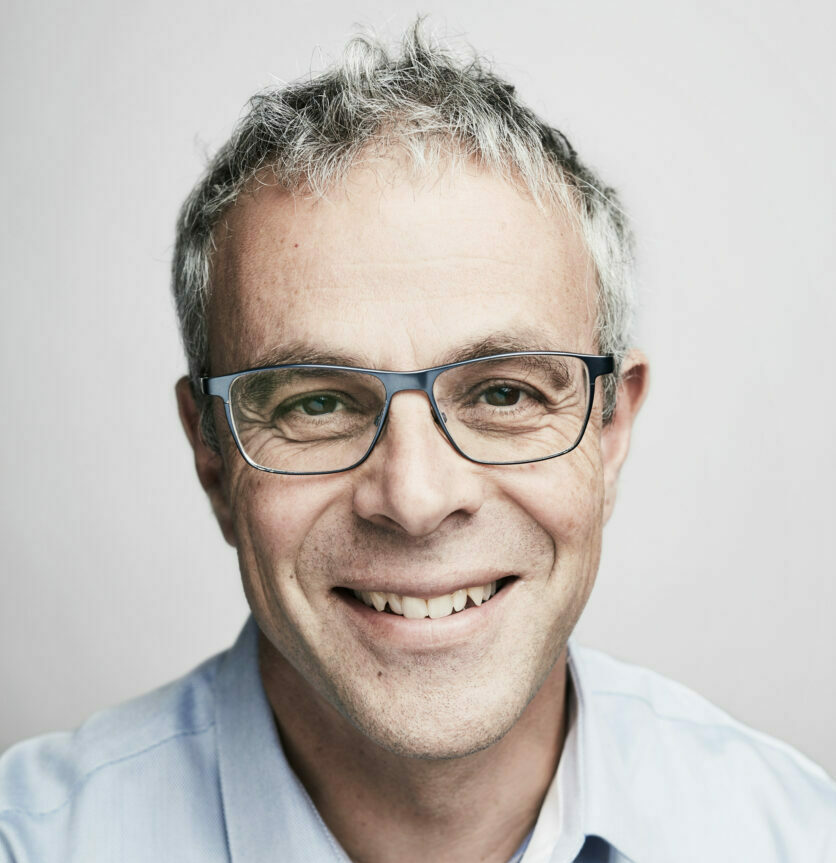
Laurent Goetschel
Director of Swisspeace
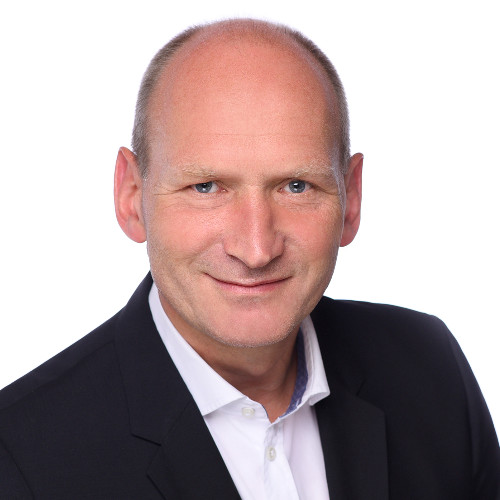
Matthias Drilling
Institute of Social Planning, Organisational Change and Urban Development ISOS Of the University of Applied Sciences and Arts Northwestern Switzerland
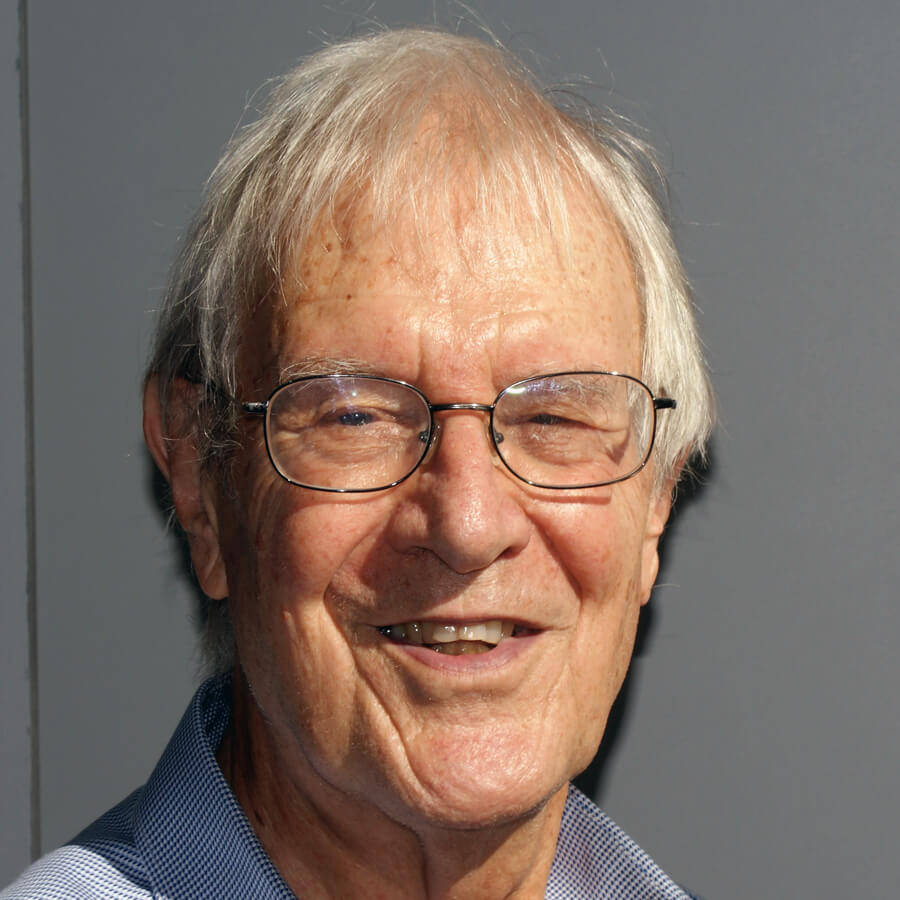
Arne Engeli
sunrise.ch
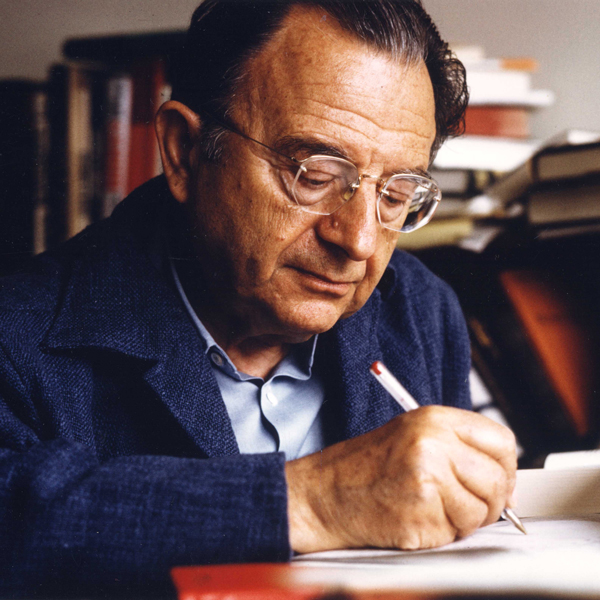
Erich Fromm
Erich Fromm Document Center